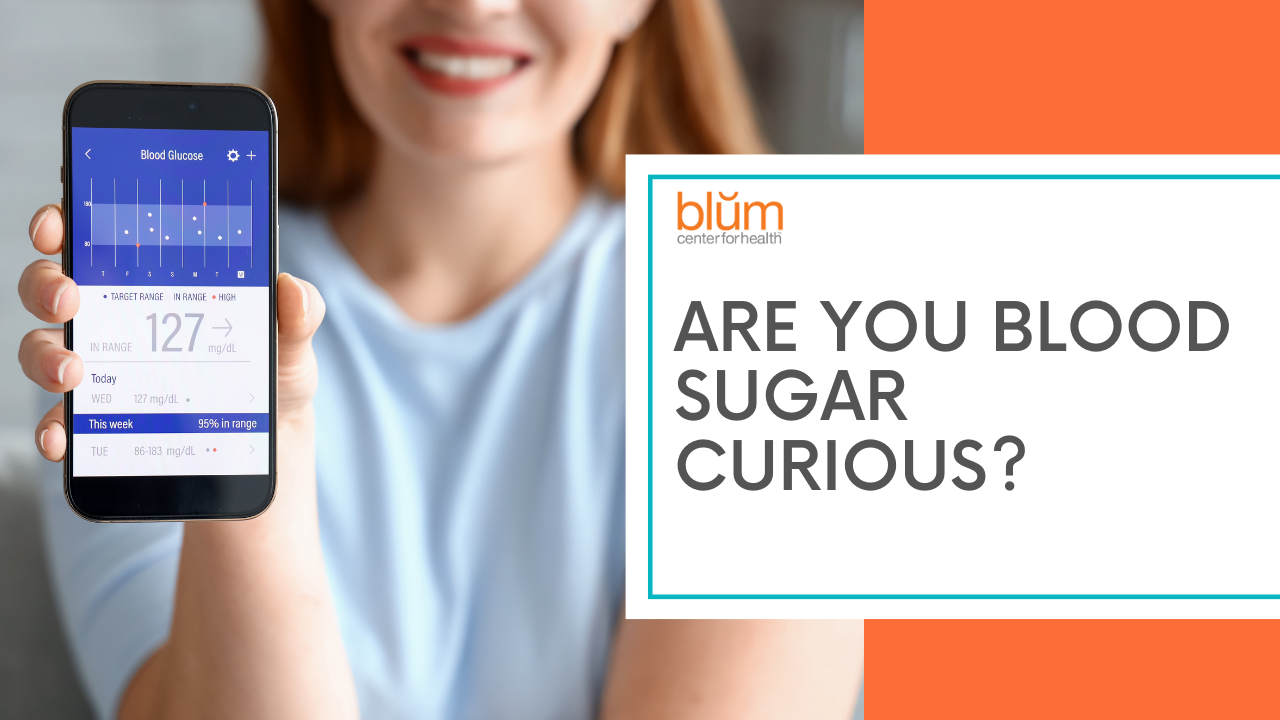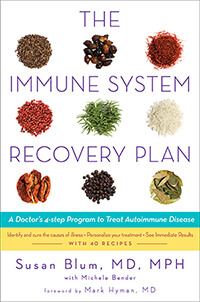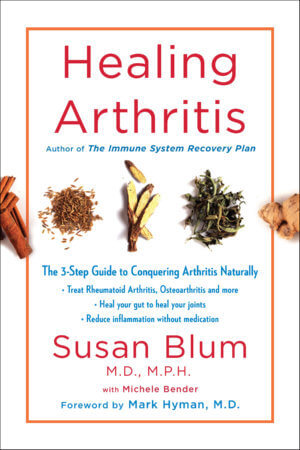
Have you noticed that circular disc on someone’s arm, or read an article about how Continuous Glucose Monitors (CGM) help people understand their blood sugar patterns, and wondered if it can help you? Continuous Glucose Monitoring is a technology that allows individuals to track their blood glucose levels in real-time or near real-time throughout the day and night. While CGMs are commonly used for people with diabetes to manage their blood sugar levels, more and more non-diabetics are using these devices to help them get smarter about their health and nutrition habits.
CGM technology consists of a small sensor placed under the skin that measures glucose levels in the interstitial fluid. The sensor transmits this data to a receiver or a smartphone, allowing users to track their glucose levels throughout the day. For individuals who are curious about their blood sugar levels, using CGM can offer a comprehensive understanding of how their body responds to various factors such as diet, exercise, and stress. It can provide insights into how different foods impact blood sugar levels and help identify patterns and trends in glucose fluctuations.
While use of Continuous Glucose Monitors is currently approved for insulin dependent diabetics, there is a growing interest in its application for many other situations.
A Continuous Glucose Monitor can help with:
- Pre-diabetes and Insulin Resistance: Has your doctor told you that you are prediabetic, or have metabolic syndrome or insulin resistance? CGMs can be used to monitor glucose trends in people who are at risk of developing type 2 diabetes, which can be as many as 1 out of every 3 people in the US. By closely monitoring glucose levels, individuals can make necessary lifestyle changes to prevent the onset of diabetes.
- Metabolic Health Optimization: Poor glucose regulation is linked to many chronic diseases and long-term health challenges, A CGM can be used to gain insights into your body’s response to various foods and lifestyle choices. This data can be used to optimize overall metabolic health, even in the absence of a specific diagnosis.
- Weight Management: CGM can help individuals understand how different foods impact their blood sugar levels, assisting in weight management strategies.
- Menopause and perimenopause: Blood sugar regulation and hormone balance are intimately linked. As a woman experiences the hormone changes that come with menopause, a CGM can help her modulate her diet and exercise in response.
- Fitness and Athletic Performance: Some athletes and fitness enthusiasts use CGM to monitor their glucose levels during training and exercise to optimize their performance and understand how their bodies respond to different workouts and diets.
It’s important to note that the use of CGM in non-diabetic contexts is still an emerging area, and the interpretation of the data in these situations may differ from its use in diabetes management. Wearing a CGM means you are getting 24/7 feedback about your blood sugar which can be overwhelming.
Without a knowledgeable guide to help you navigate your results, you can feel anxious about or misinterpret the feedback, end up over-restricting your intake, or otherwise negatively impact a healthy relationship with food. If you’re curious about your blood sugar levels and are considering using CGM, it’s essential to have a professional to guide you on how to interpret the data and make appropriate lifestyle adjustments based on the insights gained from a CGM.
To learn more, speak to our Patient Care Coordinator by calling 914.652.7800 or visit www.blumcenterforhealth.com
Vicki Kobliner, MS RDN is a Registered Dietitian/Nutritionist with over 20 years of expertise applying a Functional Nutrition approach to the care of children and adults. She utilized her wealth of experience with both traditional and integrative modalities, incorporating the power of food, herbs and targeted nutrition support for both prevention of and healing from both acute and chronic illnesses.

